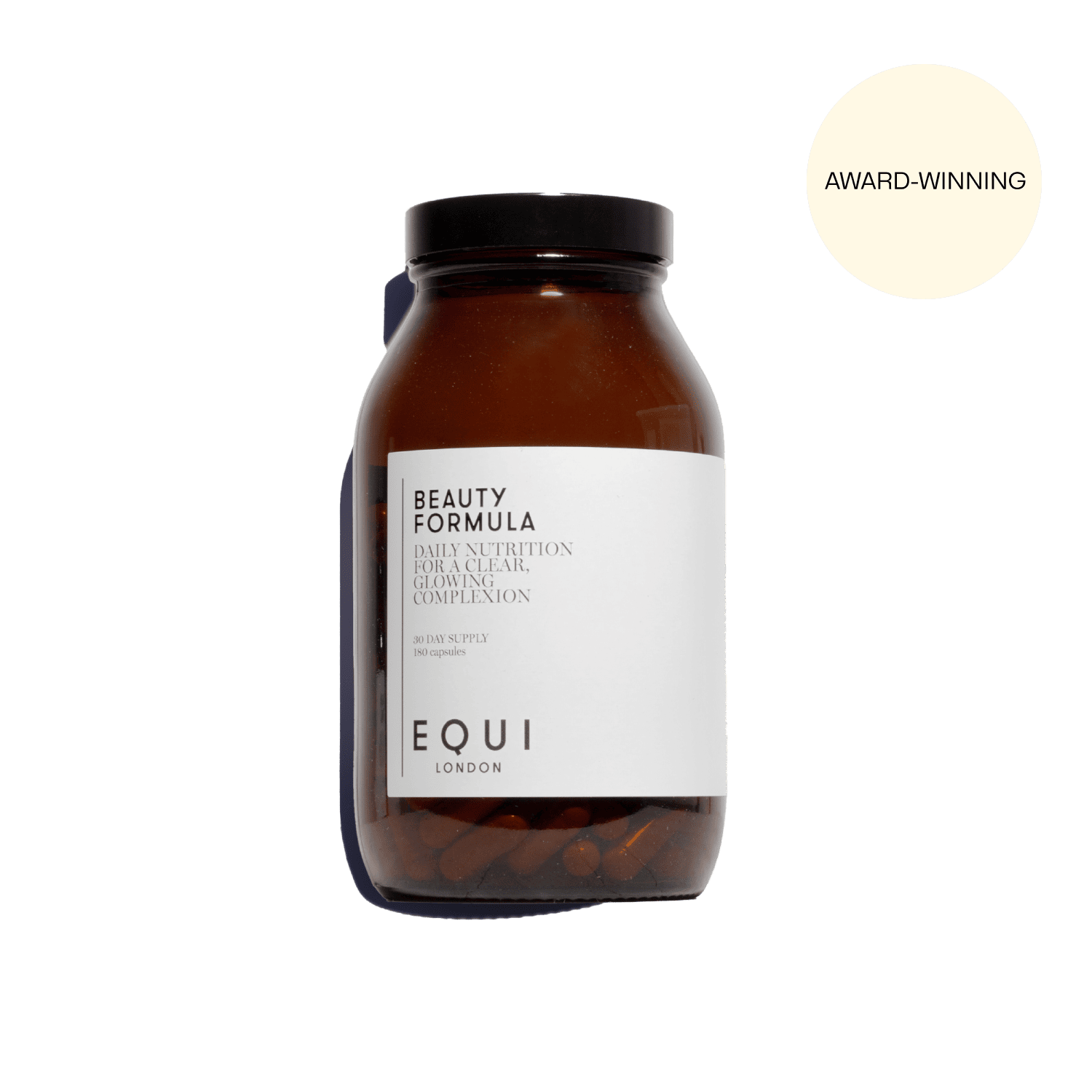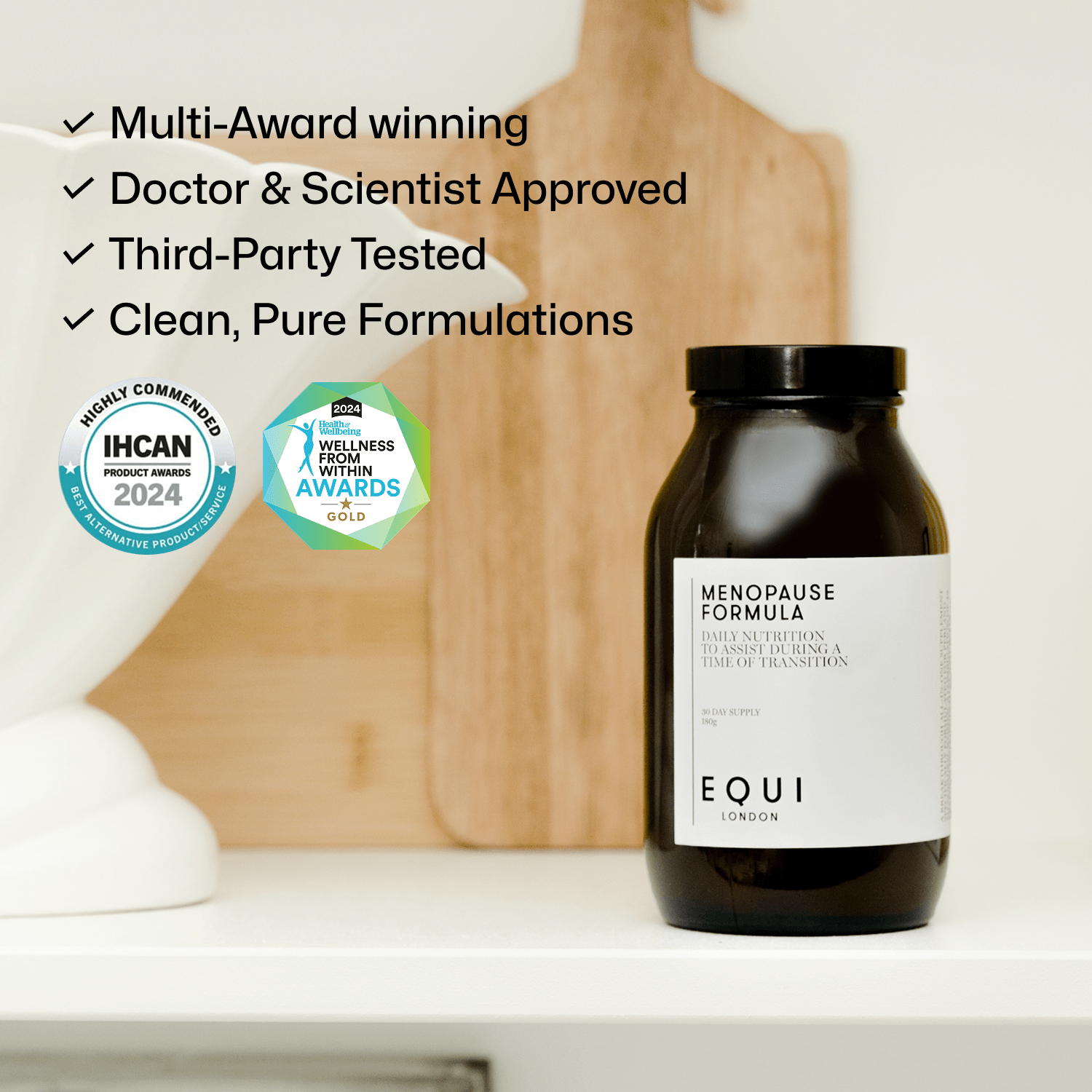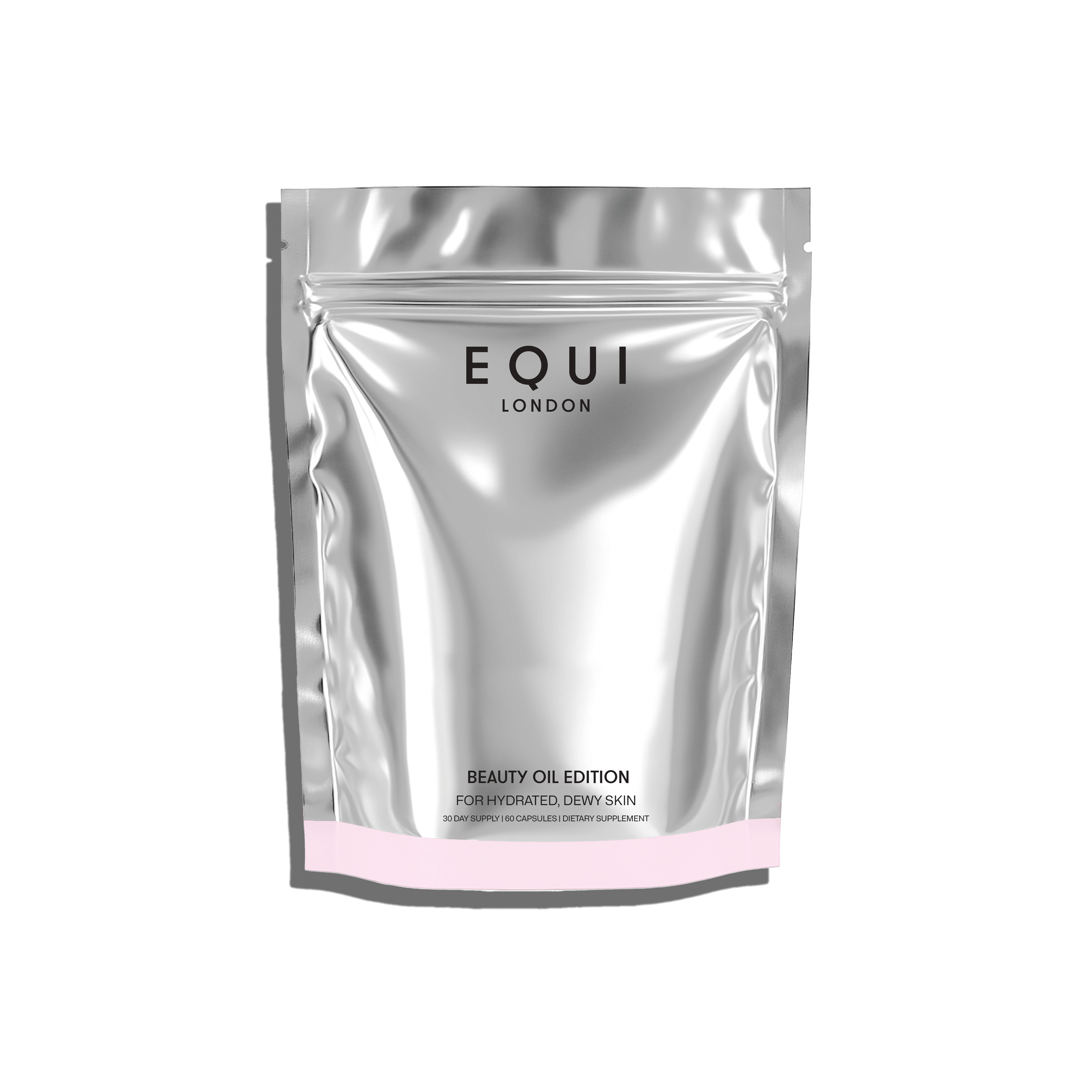
The quest for healthful eating is often set aside due to the demands of work, school, and other daily responsibilities. We get it—finding the time to prepare a nutritious meal for the whole family can be a challenge, especially during the mid-week hustle. That's why we've curated a collection of quick, easy, and mouth wateringly delicious organic recipes designed to nourish your family and simplify your life.
But why focus on organic food? Organic foods are grown without synthetic pesticides, herbicides, and genetically modified organisms (GMOs). They offer a rich source of nutrients, antioxidants, and vitamins that are often higher in concentration compared to their conventionally grown counterparts. This means you're not just satisfying your hunger; you're nourishing your body in the most wholesome way possible. Eating organic also benefits the environment. Organic farming practices aim to create a sustainable and balanced ecosystem, reduce soil erosion, and promote biodiversity. By choosing organic, you're making a conscious decision to support farming methods that are good for you and the planet.
In today’s blog, we will explore the many facets of organic food and cooking, including quick and easy mid-week organic dinner ideas, organic snack hacks for kids as well as shedding light on the benefits of eating organic and how to eat organic on a budget. From busy parents to anyone simply trying to eat better, we have you covered! Whether you’re a kitchen novice or a culinary maestro, there’s something here for everyone. Let’s embark on this delicious journey together, one organic meal at a time!
Why Go Organic? Unveiling the Nutritional and Environmental Benefits
Eating organic produce has become more than just a passing fad; it's a lifestyle choice with considerable health and environmental benefits. Going organic offers numerous advantages, not just for individual health but also for the well-being of our planet. The science supports this, and as awareness grows, we can look forward to a future where organic is the norm rather than the exception. Here's why making that choice is increasingly important:
Reduced Exposure to Pesticides
One of the most immediate benefits of consuming organic produce is the reduced exposure to synthetic pesticides. These chemicals, frequently used in conventional agriculture, can have detrimental effects on health (1). Many pesticides are classified as endocrine-disrupting chemicals (EDCs), which mimic or interfere with the body's hormones, disrupting the endocrine system and leading to a variety of health issues (2). Reducing exposure to these chemicals by choosing organic produce can be a proactive step in minimising these risks. Though more research is needed, current studies suggest a strong basis for caution. Organic farming practices prioritise natural pest management, thereby limiting the presence of harmful residues on the food we eat. For example, organic foods often have lower levels of toxic metals like cadmium, according to research (3). Lower pesticide residue can therefore be considered a "nutritional" advantage as it means less toxic burden on the body.
Higher Nutritional Content
Organic fruits and vegetables have been found to contain higher concentrations of nutrients. For example, studies have found that organic crops have up to 69% higher concentrations of certain antioxidants (4), which are crucial for fighting off oxidative stress and inflammation. Organically grown tomatoes have higher levels of the antioxidant known as ‘flavonoids’ – they contain about 79% more than conventionally grown tomatoes (5). Meanwhile, organic meat and dairy products are richer in omega-3 fatty acids. For example, organic milk has 50% more omega-3 fatty acids than conventional milk (6). Organic produce often has higher levels of certain vitamins too, such as vitamin C. Research shows us that organic strawberries contain 8.5% more vitamin C (7). Therefore, switching to organic produce can be a wise nutritional choice given their enhanced nutrient content.
Environmental Benefits
From an environmental standpoint, organic farming emphasises sustainability. Soil health is nurtured through crop rotations, organic fertilisers, and the absence of synthetic pesticides, leading to reduced soil erosion and even reducing the impact of climate change (8). Organic farming promotes soil health whereas conventional methods can strip the soil of essential nutrients such as carbon, nitrogen, and key micronutrients like zinc. In fact, depleted soil produces crops with lower nutritional value, impacting general health. Organic farming often involves polyculture or the growing of multiple crops together. This increases biodiversity, which in turn aids in pest control and reduces the need for pesticides. Additionally, organic farming practices place high emphasis on animal welfare, often requiring that animals have access to outdoor spaces (9). Finally, studies highlight that organic farms typically use less energy and emit fewer greenhouse gases compared to conventional farming methods (10). This means that choosing organic helps to lower your carbon footprint, contributing to global efforts to mitigate climate change.
What To Buy Organic?
Whilst convenience is key, that shouldn't mean compromising on health or sustainability. Stocking your pantry with organic staples can make a world of difference with cooking healthy meals, ensuring that you always have nutritious and environmentally friendly options at your fingertips. Here are our top organic food picks:
Organic Fruits & Vegetables - The Dirty Dozen is a list of fruits and vegetables that the highest pesticide residues and are therefore best bought organic. In the UK, this list gets updated yearly and currently includes, grapefruit, grapes, bananas, berries and small fruits, peppers, raspberries, spring greens and kale, melon, beans with pods, aubergine, broccoli, and mushrooms. So, as a minimum, it’s best to source these organically and the easiest way to do so would be by ordering an organic veg box from somewhere like Riverford or Abel & Cole.
Organic Olive Oil - A staple of Mediterranean cuisine, organic olive oil is a must-have for any health-conscious cook. Rich in monounsaturated fats and antioxidants, it's the ideal base for salad dressings, stir-fries, and sautés. Opting for organic ensures you avoid potentially harmful pesticides and get the purest form of the oil.
Organic Whole Grains - Organic quinoa, brown rice, or whole-wheat noodles or pasta should have a permanent place in your pantry. Whole grains are a crucial part of a balanced diet, offering essential nutrients like fibre, protein, and a variety of vitamins. They also serve as a filling base for many quick meals.
Tinned Organic Beans - From chickpeas to black beans, tinned organic legumes provide an easy way to include protein, fibre, and various vitamins in your diet. Make sure to choose BPA-free tins to avoid any unwanted chemicals. They're perfect for whipping up quick salads, stews, or even bean burgers.
Organic Nuts and Seeds - Almonds, walnuts, and chia seeds offer an array of essential fatty acids, proteins, and micronutrients. They make for excellent snacks or can be incorporated into dishes for added nutrition and crunch.
Organic Tinned Tomatoes - A base for many recipes, tinned tomatoes can quickly turn into soups, sauces, and stews. Going organic ensures that you're not ingesting any pesticides or synthetic fertilisers, which are often used in conventional tomato farming. Choose BPA-free tins or glass jar options.
Making Organic Affordable
While organic foods are known for their health and environmental benefits, many people are hesitant to make the switch due to the perceived higher cost. However, there are strategic ways to incorporate organic options into your diet without breaking the bank. Here are some tips to make organic eating more budget-friendly:
1. Buy in Bulk
One of the most cost-effective ways to shop organic is to buy in bulk. Items like organic grains, legumes, and nuts often come at a discounted price when purchased in larger quantities. You can store these products in airtight containers to keep them fresh for an extended period. Buying meat in bulk can also save money, just make sure to freeze what you can't use immediately.
2. Opt for Store-Brand Organics
Many supermarkets have started to offer their own lines of organic products, usually at a lower price than the well-known brands. The quality is typically comparable, as they also have to meet organic certification standards. This can be a significant saving over time.
3. Choose the "Dirty Dozen" Wisely
As mentioned, the "Dirty Dozen" list highlights the fruits and vegetables most commonly contaminated with pesticides. If you can't buy all organic produce, aim at least to buy organic versions of these items. This way, you are minimising your exposure to harmful chemicals where it counts most.
4. Be Seasonal and Local
Organic produce is often cheaper when it's in season. Also, consider buying from local farmers who use organic farming methods via your local farmers’ market. Not only is this often more economical, but it also supports local businesses and reduces your carbon footprint due to shorter shipping distances.
5. Utilise Frozen Options
Organic fruits and vegetables can be costly, but their frozen counterparts are usually less expensive. Frozen organic produce is picked at peak ripeness and then frozen, so it’s just as nutritious as fresh. You can use these for smoothies, stews, and stir-fry’s.
6. Plan and Prioritise
Meal planning can go a long way in reducing food costs. Plan your meals around organic items that are on sale or in season. Make a shopping list and stick to it to avoid impulsive buys.
7. DIY Snacks and Basics
Instead of buying expensive organic snacks or pantry staples, consider making your own. For example, instead of store-bought organic granola bars, make your own using organic oats and honey (see recipe below!)
By implementing these tips, you can make organic eating a viable option without going over budget. A little planning and strategic shopping can make a world of difference for both your health and your bank balance!
Three Easy Mid-Week Organic Dinner Ideas
Here are three quick and simple dinner recipes that the kids will love - they are not just organic but also packed with all the essential nutrients needed for the whole family. Each of these recipes takes no more than 30 minutes to prepare, offering a wholesome and quick dinner option for those busy weekdays so you can enjoy an organic, nutrient-packed meal!
Organic Grilled Chicken & Chickpea Tray Bake
You can swap out any of the veggies in this recipe for what you have available. The chickpeas provide a slow-release carbohydrate option and offer a nice alternative to pasta or rice - any beans work well too. Serves a family of four
Ingredients
- 4 organic chicken breasts
- 2 cups organic cherry tomatoes
- 1 organic red pepper, sliced
- 1 tin organic chickpeas, drained and rinsed
- 3 tbsp organic olive oil
- Salt and pepper to taste
- Organic herbs like rosemary and thyme
Instructions
Preheat your oven to 400°F (200°C). Lay the chicken breasts on a baking sheet.
Scatter the cherry tomatoes, pepper, and chickpeas around the chicken. Drizzle olive oil over everything and season with salt, pepper, and herbs. Bake for 20-25 minutes or until the chicken is cooked through.
Organic Veggie Quinoa Stir-Fry
This super simple stir-fry is a plant-based option to have up your sleeve for a mid-week dinner. Again, you can use any veggies your kids prefer but we like the carrots for a bit of a crunch and colour and the courgettes, which are in season. Serves a family of four
Ingredients
- 1 cup organic quinoa
- 2 cups organic vegetable broth (or use 1 stock cube and 2 cups water)
- 2 organic carrots, thinly sliced into strips
- 2 organic courgettes, thinly sliced
- 100g organic baby spinach
- 80g organic cashews
- 3 tbsp organic soy sauce or tamari
- 1 tbsp organic sesame oil
Instructions
Cook quinoa in vegetable broth according to package instructions. Heat sesame oil in a pan. Add carrots and courgettes, and sauté until soft. Add spinach and cook until wilted. Stir in the cooked quinoa, cashews, and soy sauce. Cook for an additional 2 minutes, stirring frequently.
Organic Tomato Veggie Pasta with Tuna
A spin on a family favourite with the addition of tinned tuna for extra protein. Serves a family of four
Ingredients
- 200g organic pasta
- 2 tins organic tuna, drained
- 2 organic peppers, sliced
- 200g organic cherry tomatoes, halved
- 1 tbsp organic olive oil
- Salt and pepper to taste
- Grated organic Parmesan for garnish
Instructions
Cook pasta according to package instructions. In a separate pan, heat olive oil over medium heat. Add peppers and cherry tomatoes. Sauté for 5-7 minutes or until soft. Add the drained tuna and break it up with a fork. Stir in the cooked pasta, and season with salt and pepper. Garnish with grated Parmesan before serving.
After-School Snacks, Organic Edition
Here are three kid-friendly, nutritious, and organic snack ideas for when they get back from school. Each of these snacks is not only delicious but also made entirely from organic ingredients for that added health benefit.
Organic Banana & Berry Milkshake
Takes all of 2 minutes to make and provides a more nutritious version with added protein thanks to the almond butter. Serves one
Ingredients
- 1 organic banana, sliced
- 1 handful organic mixed berries (strawberries, blueberries, raspberries)
- 250ml organic milk or plant-based milk
- 1 tsp almond butter
- 1 tablespoon organic honey or organic maple syrup (optional)
Instructions
In a blender, add the banana, mixed berries, nut butter, and milk and blend until smooth. If the milkshake is not sweet enough, add honey or maple syrup and blend again. Pour into a glass and serve immediately.
Whole-Grain Organic Oat Bars
A great option to batch cook on the weekend and freeze. Simply defrost in the microwave when desired! Makes approx. 12-16 bars (using a 23cmx23cm tray)
Ingredients
- 200g organic rolled oats
- 240g organic almond butter or peanut butter
- 120g organic honey or organic maple syrup
- 85g organic dried fruits (raisins, cranberries)
- 85g organic nuts (optional)
- A pinch of organic cinnamon
Instructions
Preheat your oven to 350°F (175°C). In a large bowl, mix together the rolled oats, almond butter, honey, dried fruits, nuts, and cinnamon. Press the mixture into a greased or parchment-lined baking dish. Bake for 20-25 minutes until the edges are golden. Allow to cool completely before cutting into bars.
Sweet Potato Muffins
Sweet potato will provide slow-release energy for your little ones to keep going until dinner time. These freeze well. Makes approx. 12 muffins
Ingredients
- 340g organic sweet potato, mashed
- 2 organic eggs
- 120ml cup organic milk
- 60g organic coconut oil, melted
- 120g organic whole-grain flour
- 100g organic sugar
- 1 tsp organic cinnamon
- 1/2 tsp organic nutmeg
- 1 tsp organic baking powder
Instructions
Preheat your oven to 375°F (190°C). In a bowl, mix together the mashed sweet potato, eggs, milk, and coconut oil. In another bowl, combine the flour, sugar, cinnamon, nutmeg, and baking powder. Add the wet ingredients to the dry ingredients and mix just until combined.
Fill muffin tins with the batter and bake for 18-20 minutes or until a toothpick comes out clean.
References
- Forman, J., Silverstein, J., Committee on Nutrition, Council on Environmental Health. (2012). Organic Foods: Health and Environmental Advantages and Disadvantages. Pediatrics, 130(5), e1406–e1415.
- Gore, A. C., Chappell, V. A., Fenton, S. E., Flaws, J. A., Nadal, A., Prins, G. S., ... & Zoeller, R. T. (2015). EDC-2: The Endocrine Society's second scientific statement on endocrine-disrupting chemicals. Endocrine Reviews, 36(6), E1-E150.
- Smith-Spangler, C., Brandeau, M. L., Hunter, G. E., Bavinger, J. C., Pearson, M., Eschbach, P. J., ... & Olkin, I. (2012). Are organic foods safer or healthier than conventional alternatives?: a systematic review. Annals of Internal Medicine, 157(5), pp. 348-366.
- Barański, M., Średnicka-Tober, D., Volakakis, N., Seal, C., Sanderson, R., Stewart, G. B., ... Leifert, C. (2014). Higher antioxidant and lower cadmium concentrations and lower incidence of pesticide residues in organically grown crops: a systematic literature review and meta-analyses. British Journal of Nutrition, 112(5), pp. 794-811.
- Mitchell, A. E., Hong, Y. J., Koh, E., Barrett, D. M., Bryant, D. E., Denison, R. F., & Kaffka, S. (2007). Ten-year comparison of the influence of organic and conventional crop management practices on the content of flavonoids in tomatoes. Journal of Agricultural and Food Chemistry, 55(15), pp. 6154-6159.
- Średnicka-Tober, D., Barański, M., Seal, C. J., Sanderson, R., Benbrook, C., Steinshamn, H., ... & Leifert, C. (2016). Higher PUFA and n-3 PUFA, conjugated linoleic acid, α-tocopherol and iron, but lower iodine and selenium concentrations in organic milk: a systematic literature review and meta- and redundancy analyses. The British journal of nutrition, 115(6), pp. 1043-1060.
- Asami, D. K., Hong, Y. J., Barrett, D. M., & Mitchell, A. E. (2003). Comparison of the total phenolic and ascorbic acid content of freeze-dried and air-dried marionberry, strawberry, and corn grown using conventional, organic, and sustainable agricultural practices. Journal of Agricultural and Food Chemistry, 51(5), pp. 1237-1241.
- Gomiero, T., Pimentel, D., & Paoletti, M. G. (2011). Environmental Impact of Different Agricultural Management Practices: Conventional vs. Organic Agriculture. Critical Reviews in Plant Sciences, 30(1-2), pp. 95-124.
- Bengtsson, J., Ahnström, J., & Weibull, A. (2005). The effects of organic agriculture on biodiversity and abundance: a meta‐analysis. Journal of Applied Ecology, 42(2), pp. 261-269.
- Scialabba, N. E. H., & Müller-Lindenlauf, M. (2010). Organic agriculture and climate change. Renewable Agriculture and Food Systems, 25(2), pp. 158-169.












